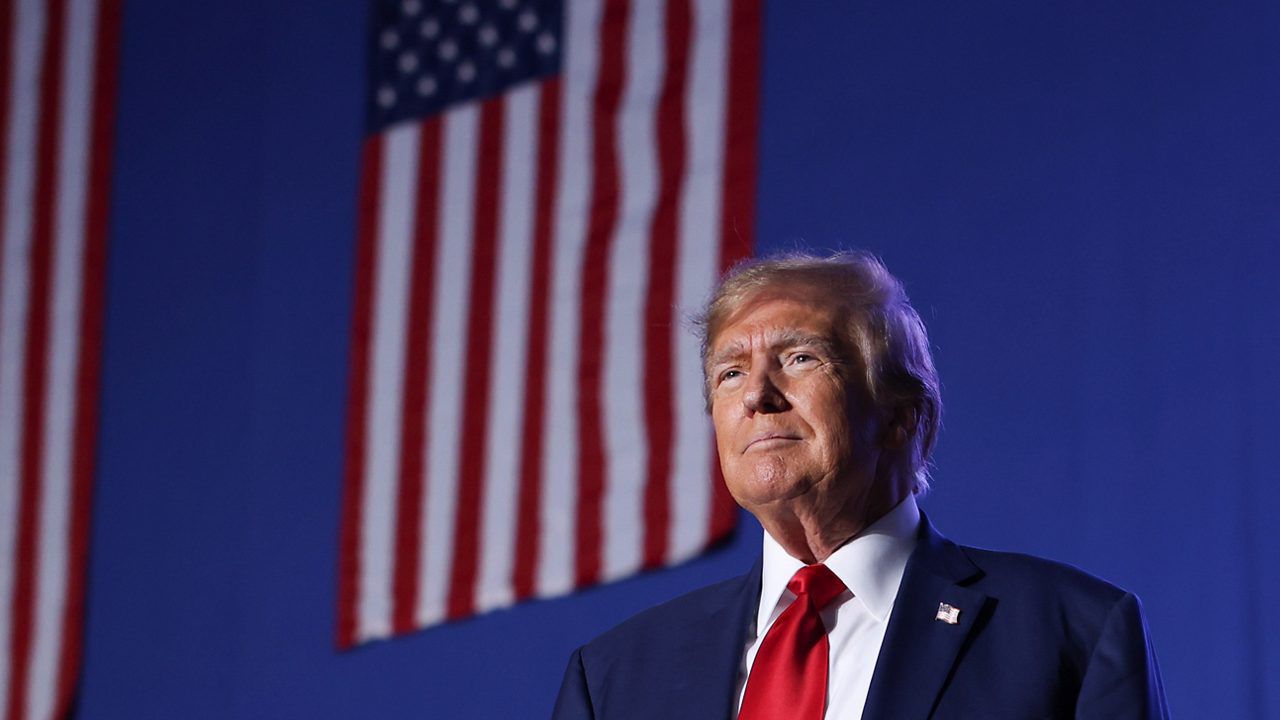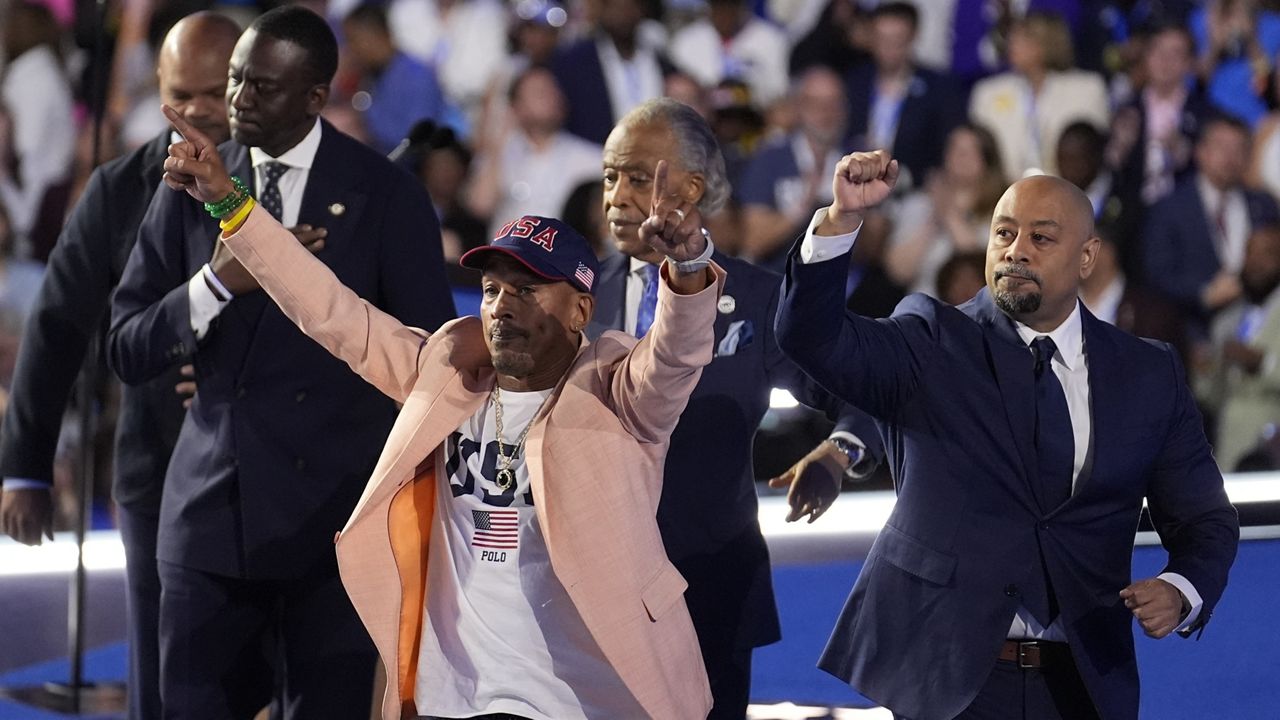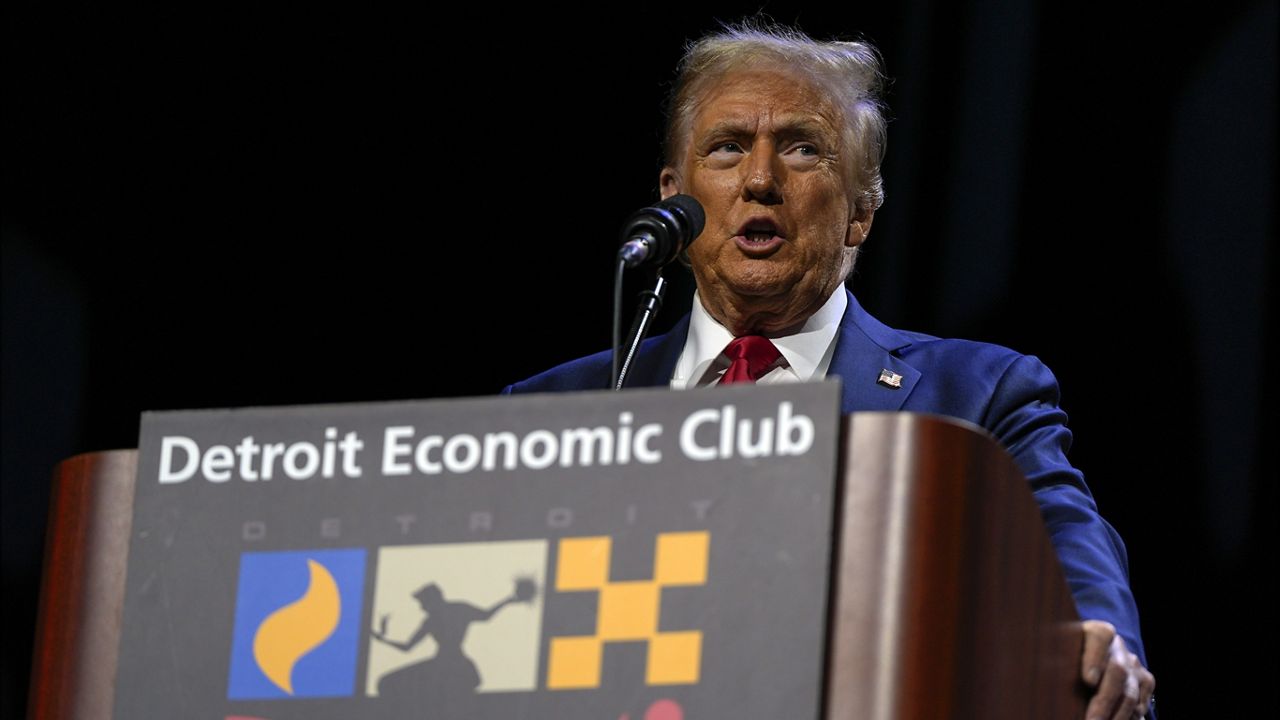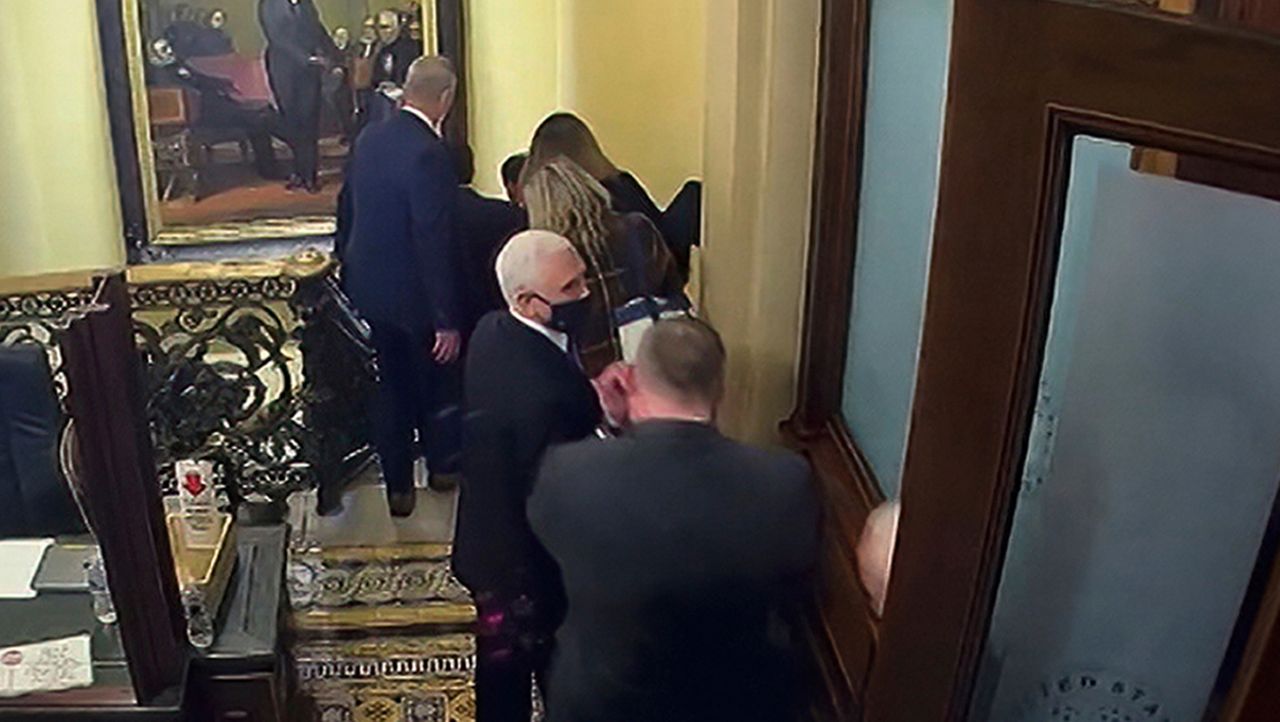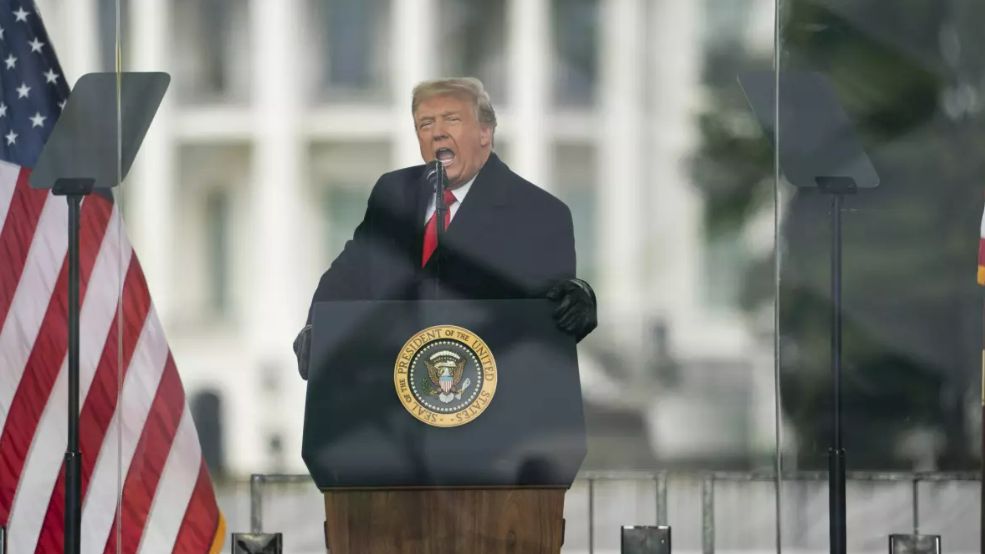Lawyers for former President Donald Trump urged the U.S. Supreme Court on Wednesday to stand down from a dispute over whether he can be prosecuted on charges he plotted to overturn the 2020 election results.
But in a filing of his own on thursday, Special counsel Jack Smith said it was essential that the high court weigh in on the question of immunity.
"The public interest in a prompt resolution of this case favors an immediate, definitive decision by this Court," the filing reads.
"The charges here are of the utmost gravity," he wrote. "This case involves—for the first time in our Nation’s history—criminal charges against a former President based on his actions while in office. And not just any actions: alleged acts to perpetuate himself in power by frustrating the constitutionally prescribed process for certifying the lawful winner of an election."
"The Nation has a compelling interest in a decision on [Trump's] claim of immunity from these charges — and if they are to be tried, a resolution by conviction or acquittal, without undue delay," he added.
Smith's team last week urged the nation's high court to take up and quickly consider Trump's claims that he enjoys immunity from prosecution as a former president. The unusual request for a speedy ruling seemed designed to prevent any delays that could postpone the trial of the 2024 Republican presidential primary front-runner, currently set to begin March 4, until after next year’s presidential election.
But Trump's lawyers told the Supreme Court that there was no reason for them to take up the matter now, especially because a lower appeals court in Washington is already considering the same question, and has scheduled arguments for Jan. 9.
“Importance does not automatically necessitate speed. If anything, the opposite is usually true. Novel, complex, sensitive, and historic issues — such as the existence of presidential immunity from criminal prosecution for official acts — call for more careful deliberation, not less," Trump's lawyers wrote.
With Trump facing four criminal cases and 91 felony counts as he seeks to reclaim the White House, a core aspect of his defense strategy has been to try to delay the prosecutions, including until after the election, to prevent them from interfering with his candidacy. In urging the Supreme Court to defer consideration of the immunity question, the defense lawyers are looking to avoid a quick and definitive answer that could push the case toward trial early next year.
“This appeal presents momentous, historic questions. An erroneous denial of a claim of presidential immunity from criminal prosecution unquestionably warrants this Court’s review,” the lawyers wrote. But, they added, that does not mean that the court should take “the case before the lower courts complete their review.”
But Smith countered that Trump's arguments "provide no sound reason to deny immediate review."
"Respondent’s claims about the reasons why the government is seeking review are unfounded and incorrect," Smith wrote. "Respondent stands accused of serious crimes because the grand jury followed the facts and applied the law. The government seeks this Court’s resolution of the immunity claim so that those charges may be promptly resolved, whatever the result."
They also said that the special counsel’s push to get the case to trial swiftly creates the appearance of political motivation: “to ensure that President Trump — the leading Republican candidate for President, and the greatest electoral threat to President Biden — will face a months-long criminal trial at the height of his presidential campaign.”
“As soon as the Special Counsel’s petition was filed, commentators from across the political spectrum observed that its evident motivation is to schedule the trial before the 2024 presidential election—a nakedly political motive,” they wrote.
A separate question before the court is Trump’s argument that he cannot be prosecuted in court for conduct for which he was already impeached — but then acquitted — before Congress. That argument has already been rejected by U..S. District Court Judge Tanya Chutkan, who is presiding over the case.
The Supreme Court has indicated that it will decide quickly whether to hear the case but has not said what it will ultimately do.
Chutkan last week put the case on hold while Trump further pursues his claim that he is exempt from prosecution. But she left open the possibility of preserving the current trial date if the case returns to her court, saying that date and other deadlines were being paused rather than canceled.
At issue is Trump's claim that he is entitled to immunity for actions he took as part of his official duties as president. The Supreme Court has held that presidents are immune from civil liability for actions related to their official duties. But courts have never before had to wrestle with whether such immunity extends to criminal prosecution.
Chutkan ruled this month that former presidents "enjoy no special conditions on their federal criminal liability.”
Trump's team then appealed to the U.S. Court of Appeals for the D.C. Circuit, but special counsel Smith took the unusual step of attempting to bypass the appeals court — the usual next step in the process — and asking the Supreme Court take up the matter directly. Smith’s team has said there is nothing in the Constitution, or in court precedent, to support the idea that a former president cannot be prosecuted for criminal conduct committed while in the White House.
"The United States recognizes that this is an extraordinary request. This is an extraordinary case,” prosecutors wrote in asking for the Supreme Court's intervention.
The Supreme Court is expected to soon be asked to weigh in another Trump case with major political implications. Trump’s lawyers have vowed to appeal to the high court a decision on Tuesday barring him from Colorado’s ballot under Section 3 of the 14th Amendment, which prohibits anyone who swore an oath to support the Constitution and then “engaged in insurrection” against it from holding office.




